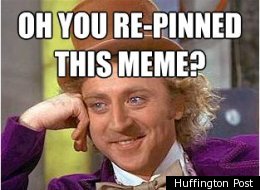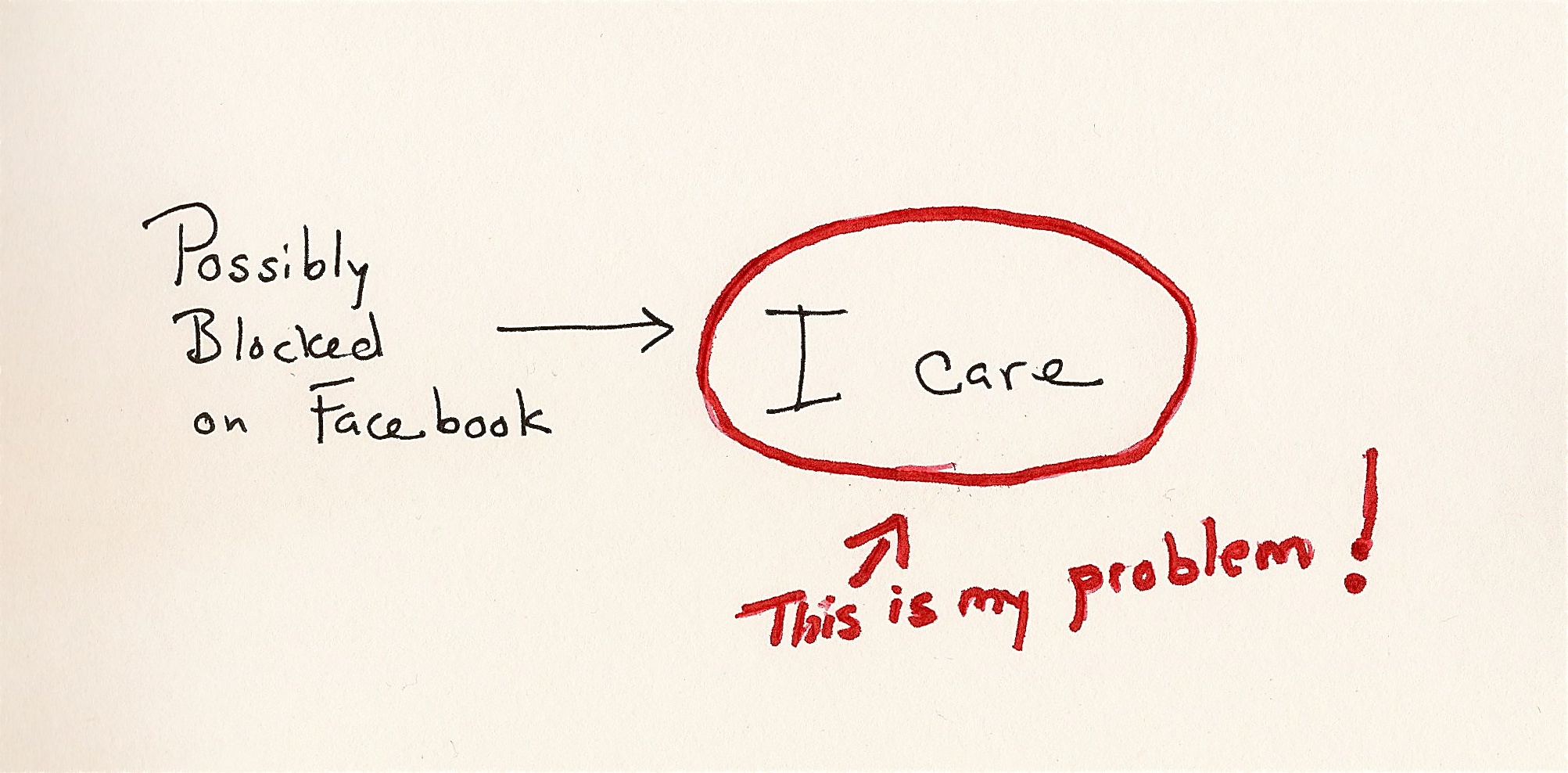It’s taken me a while to embrace Pinterest, but I’m finally using it, and using it as an author, which is something I didn’t think I’d be able to do.
But it appears to be working.
I have three boards up right now. The one I’m proudest of is a Beware the Hawk board. Posted on that board, in no particular order, are photos of some of the locations that inspired Beware the Hawk, captioned with scenes from the book. It makes for sort of grown-up picture book experience, actually. This is closest I will get, I’ve realized, to having my own Pottermore.
I’ve had a Pinterest account for a while. I do this with most new social networks. I sign up, get confused by them and then, about six months later, figure out how to use them. It happened with Twitter. It happened with Google +.* Then it happened with Pinterest.
The crux of my Pinterest problem was this: How does one use the site as an author? Writers work with words and Pinterest is a visual medium. Most of the people I know on Pinterest are pinning craft ideas, or fashion or food or those mini-inspirational posters that get posted as memes on Facebook.

I tried a couple of different things. I had one board devoted to a novel I’m working on – the board contained images that inspire me, but it gave away too much of the plot, and you can’t make pinboards private, so I deleted it. I had one devoted to local news, but that didn’t work well because I didn’t update it daily.
Then I read an interview with the incredible Jane Friedman, and she mentioned Pinterest in passing – essentially she said that authors need to have fun with new tools in order to see if those tools work for them – and I started thinking that maybe using photos of the places I was visiting when I wrote Beware the Hawk might make a good board.
But I can’t pin some things, like characters, because they’re made up. If anyone has drawn or wants to draw my characters (they can be doodled on the backs of napkins; I don’t care) I would love to pin illustrations of my characters to a board. **
I have two other writing-related boards. One is titled Authors I’d like to have a drink with. It’s just that. Photos of authors, with a paragraph about the drink we would share. The other, I hope is more tantalizing. It’s called What about the sequel? No one’s making any promises here, kids, but say I was thinking of putting together a sequel, these images might be vaguely inspirational to me. They will be vague, but I’m hoping this might be a sort of game. Can you guess what I’m working on?
So that’s it, really. This is how I’m trying to use Pinterest as an author. I’ll let you know how it works. Or I’ll see you on the boards.
*If I’m honest, I’m still figuring out G+.
**I’m not offering payment here or claiming ownership of anyone’s art. All I’m offering is the warm fuzzy feeling of knowing that I’m promoting and praising your artwork on a Pinterest board.

